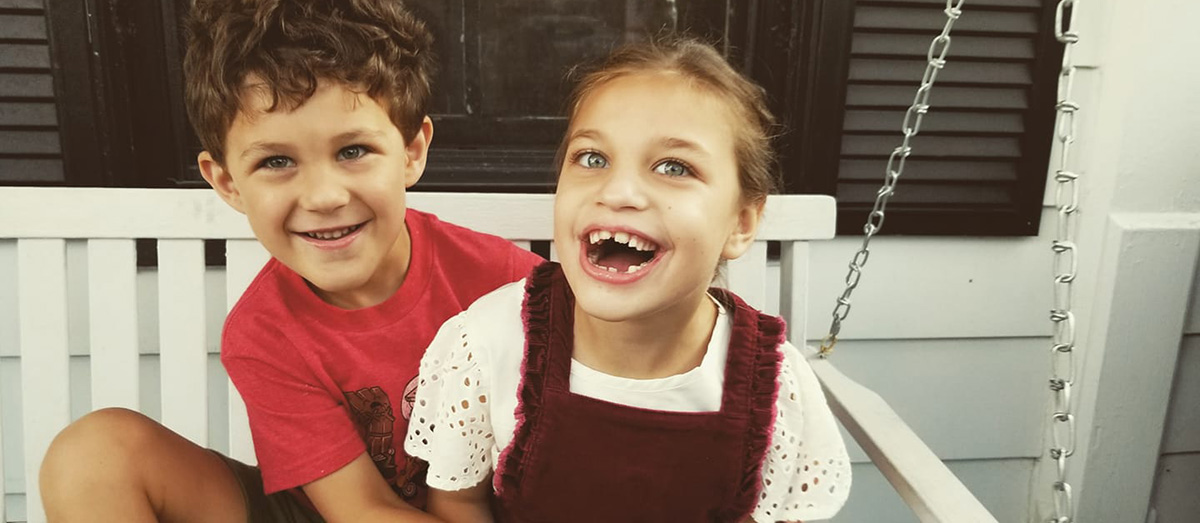Whether your child has just had her first seizure or several, they are scary to watch and can seem catastrophic.
Seizures are caused by electrical changes in the brain and the resulting symptoms can vary widely from person to person – from subtle staring spells to full-body convulsions.
If your child has had a seizure, you will naturally have lots of questions. Here are answers to some of the more common questions parents ask about them:
Is It Epilepsy?
Parents often wonder if their child’s seizures will lead to epilepsy. We consider a child to have epilepsy when he has had two or more seizures without a clear trigger and they have occurred at least 24 hours apart.
One of the important considerations when diagnosing epilepsy, and one in which we try to determine in clinic, is identifying any triggers to potentially help stop them from happening in the first place.
WHAT TRIGGERS A SEIZURE?
Everyone has a seizure threshold in their brain – meaning that anyone can have a seizure but some of us are more susceptible to them than others. When a child has epilepsy, her seizure threshold is much lower and will be more likely to have one when encountering a trigger.
There are many potential seizure triggers, but only a few we know about for sure. If parents are rigorous about keeping track of their child’s seizures and the circumstances surrounding them, we will be more likely to help them narrow down the trigger.
Some of the more common seizure triggers are:
- Illness and fever
- Sleep deprivation
- Menstrual cycle in females
- Drugs and alcohol (in excess, they can be a trigger for anyone, but for teens with epilepsy, they will be more likely to cause a seizure)
- Flashing lights
Can I leave my child alone?
Parents have explained to me that when their child has a seizure at night, they don’t want to leave their child alone. Similarly, during the day parents have mentioned that they won’t send their child to school until he has been seen by their doctor or an epilepsy specialist.
These are all normal, understandable reactions, but as parents’ minds tend to go to the worst-case scenario, I try to help put their minds at ease when I see them in clinic. I inform them that while seizures can be very dangerous and at times lead to injury or death, these are very rare outcomes. It’s best to discuss your child’s unique situation with her doctor.
Will my child outgrow epilepsy?
In the vast majority of cases, kids recover well from the seizure and in fact, many kids can “outgrow” epilepsy as they get older. These rates of “outgrowing” epilepsy vary based on many factors, but in general, our goal is to utilize seizure medication until they have gone two years without a seizure. At that point, it’s possible that they have outgrown their seizures and we can discuss the possibility of stopping medication.
My Child had a Seizure – Now What?
If you are concerned that your child has had a seizure, it is important to schedule an appointment with an epilepsy specialist who can help you determine if there is a trigger. Once a child has had a seizure, his risk increases for having more. A child that has had one seizure has approximately a 45% risk of having a second one. If he has had two seizures, then the risk for a third seizure increases to 75%-80%.
Once in clinic, I will explain what happens during a seizure, help to pinpoint the triggers, and explain the potential outlook once we have established a diagnosis. While parents are understandably worried about their child, the ones who have been on this journey for a while tell me that it does get easier with time.
If you have questions, or would like to request an appointment, please contact our Comprehensive Epilepsy Center.






My daughter had febrile seizures when she was 13 to 19 months, one being over 2 hours. She is now 8 and she had one march 20th. I was scared I thought we were done with those. Thank God she has not had another one and that we have CCHMC new seizure clinic 20 minutes from our house. They are great people that put you at ease.